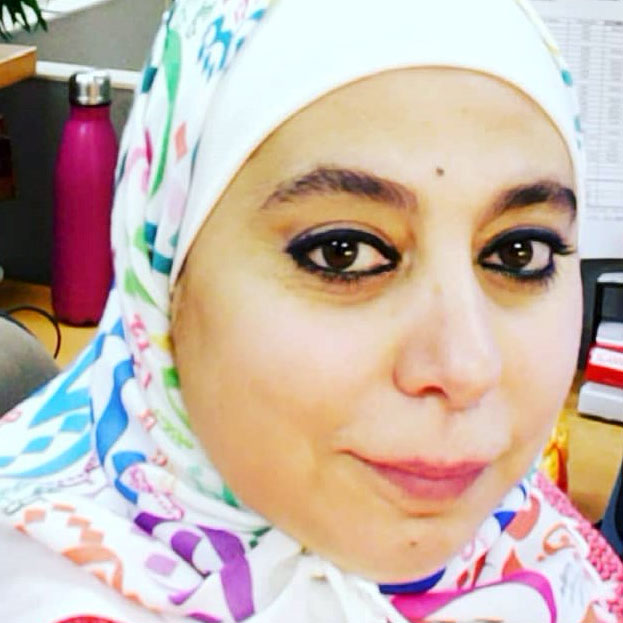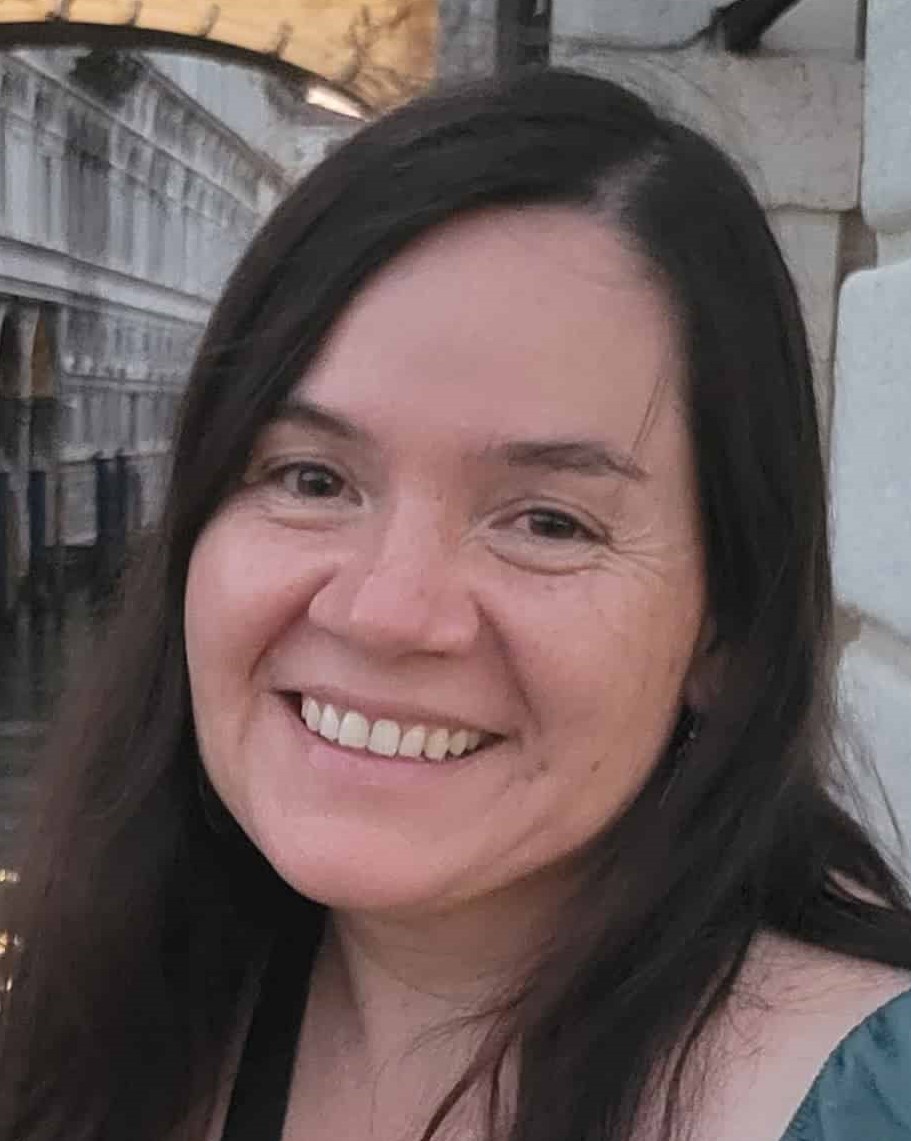Staff
Chris Low
Director of Middle East Studies
envelope m.chris.low@utah.edu | phone (801) 581-3028
Get to Know Chris
My primary research interests include the late Ottoman Empire, the Arabian Peninsula, the Indian Ocean World, and Environmental History. I received my Ph.D. from Columbia University in 2015. Before joining the University of Utah, from 2015 to 2022, I was an Assistant Professor of History at Iowa State University.
I am the author of Imperial Mecca: Ottoman Arabia and the Indian Ocean Hajj (Columbia University Press, 2020). Drawing on Ottoman and British archival sources as well as published materials in Arabic and modern Turkish, Imperial Mecca analyzes how the Hijaz and the steamship-era pilgrimage to Mecca simultaneously became objects of Ottoman modernization, global public health, environmental management, international law, and inter-imperial competition during the late nineteenth and early twentieth centuries. In 2021, Imperial Mecca received the Middle East Studies Association’s Albert Hourani Book Award and was one of six shortlisted titles for the British-Kuwait Friendship Society Book Prize. Imperial Mecca has also been translated into Arabic and Turkish.
I am also co-editor (with Lâle Can, Kent Schull, and Robert Zens) of The Subjects of Ottoman International Law (Indiana University Press, 2020).
My articles have appeared in Comparative Studies in Society and History; Comparative Studies of South Asia, Africa and the Middle East; Environment and History; the International Journal of Middle East Studies; and the Journal of the Ottoman and Turkish Studies Association. My articles have received awards from the American Society for Environmental History and the Comité International des Études Pré-Ottomanes et Ottomanes.
My research and language training have been supported by the American Institute for Yemeni Studies; Columbia University’s Institute for Religion, Culture, and Public Life; the David L. Boren National Security Education Program; the University of Glasgow’s William Lind Foundation; the Institute of Turkish Studies; Iowa State University’s Center for Excellence in the Arts and Humanities; Koç University’s Research Center for Anatolian Civilizations (ANAMED); and the Social Sciences and Humanities Research Council of Canada.
More recently, in 2020, I was awarded Iowa State University’s College of Liberal Arts and Sciences Dean’s Emerging Faculty Leaders Award.
In 2020-2021, I was a Senior Humanities Research Fellow for the Study of the Arab World at NYU Abu Dhabi. While in residence in the United Arab Emirates, I continued work on several new monograph and article projects exploring the entangled enviro-technical histories of desalination technology, water production, infrastructure, energy, and climate change in the Arabian Peninsula, the wider Middle East, and more globally.
I also serve on the editorial boards of the Journal of Global History, the Journal of Tourism History, and the Middle East Environmental Histories Book Series from Leiden University Press.
Bryce Garner
Associate Director, Administration
envelope bryce.garner@utah.edu | phone 801-581-6702
Get to Know Bryce
Bryce graduated from the University of Utah with degrees in History and Asian Studies. After graduation, he worked in Japan for five years on the Japanese Exchange and Teaching Program. He has traveled extensively in Central America, East Asia, and Southeast Asia. He has language abilities in Vietnamese, Japanese, and Chinese. He has worked for the Center for Latin American Studies and the Asia Center since 2010.
Japanese, Vietnamese, and Chinese.
Learning a foreign language not only gives you the opportunity to communicate with people from other countries--whether you are traveling abroad or here in the US, it also gives you a deeper understanding of people and cultures that are different from your own, broadening and enriching your interaction with the world around you.
My first international experience was living in Cambodia for two years where I learned to speak Vietnamese. When I returned to college, I started studying Chinese and after two years of study I participated in a learning abroad program at Nankai University in Tianjin, China where I completed my third year of Chinese. After graduating from college, I lived and worked in Japan for five years on the JET program and learned Japanese while I lived there. Interspersed with these longer periods I traveled extensively in Central America, East Asia, and Southeast Asia.
Each of my international experiences have given me a different lens to view the world from. They have helped my career and have provided opportunities to interact with people from all over the world. Through my international experiences, I have struck up lifelong friendships that have enriched my life and made me a better person.
Education
Bachelor of Arts, Asian Studies, University of Utah
Bachelor of Arts, History, University of Utah
Kari Moore
Academic Program Manager
envelope kari.moore@utah.edu
Get to Know Kari
Spanish, and French but I don't remember any of it.
Language ability has been invaluable for me in my career thus far. I spent 3 years after graduation working for a nonprofit that served low-income families including a program for migrant farmworkers and would not have been able to effectively create relationships of trust and serve these families without being able to speak the language. Past my job being able to create relationships with people of different walks of life has opened my mind and heart to new perspectives that I wouldn't have gained otherwise. I also think that language gives you a new perspective on the world and on your own native language. There are a lot of words in English now that I have a better understanding of because they're used more frequently in Spanish and I have that context to use now in my native language. The beauty of learning a language is also that you're able to understand other languages to a degree that are a part of the same language family and it becomes easier to learn new languages.
I have traveled for leisure purposes to Italy, Mexico, and Peru. The bulk of my international experience took place while living in Peru as a missionary for The Church of Jesus Christ of Latter Day Saints in Lima. This was an incredible experience that opened my eyes to other cultures, beliefs, and ended up shaping my decision to eventually change my major from music to Latin American Studies with a focus on nonprofit management.
I took several years of Spanish in highschool but could hardly speak the language and it was this immersive experience and the kindness of the people in Lima that finally allowed me to learn Spanish and fall absolutely in love with it and the people there.
Patrick Cheney
Scholarship & Graduate Program Coordinator
envelope patrick.cheney@utah.edu
Get to Know Patrick
Patrick graduated from the University of Utah with a B.A. in Political Science and International Studies and M.A. in Latin American Studies. He speaks Guarani, an indigenous language of South America, and Nahuatl, an indigenous language of Mexico. He speaks Spanish, enjoys Latin American literature tremendously, and has experience as a Spanish language medical interpreter. He has worked on migrant rights projects as well as refugee resettlement. In elementary school, he once painted a tile that declared “Soccer rules” and is still convinced. He plays and applauds often.
Spanish (advanced), Nahuatl (advanced), Guarani (advanced). Brief studies of French and K'iche'.
Language learning is an epistemological rupture. It is charged. It is never ahistorical. The process cannot be extricated from the webs of systemic injustice, but perhaps can help to imagine beyond them.
I have spent close to three years in South America, living in Paraguay and Argentina, as well as other travels throughout the Southern Cone. I have traveled across Mexico multiple times and spent the most time in Sonora, Mexico City, Zacatecas, and Veracruz. I have focused on migrant rights projects, Latin American literature, and indigenous languages. I have presented at an academic conference in Puebla and participated in literary and language-learning workshops at a center for houseless rights in Buenos Aires.
I am grateful that my international experiences reframed my life in Utah as also international. Those experiences have helped unsettle my previous views on land and place. Also, my life is forever enriched for having watched Boca Juniors from the hallowed stands of La Bombonera.
Luciano Marzulli
K-16 Outreach Coordinator
envelope l.marzulli@utah.edu
Get to Know Luciano
Lu is a proud alum of the University of Utah and has worked in higher education since 2006. Professionally, Lu’s focus has been on advocacy and support for first generation college students and students of color. Through his outreach role in International and Area Studies, he looks forward to developing and maintaining community partnerships to continue this work. Lu enjoys street food, fiction books, comedy films and being outdoors. He is fluent in English and Spanish.
Lu es graduado de la Universidad de Utah y ha trabajado en instituciones/servicios post-secundarios desde 2006. Profesionalmente su enfoque ha sido en ayudar y apoyar estudiantes que son minorias o que son estudiantes de primera generación (los primeros en sus familias de asistir a la Universidad). A través de su papel dentro del departamento de estudios internacionales el esta entusiasmado de crear y mantener colaboraciones comunitarias para seguir apoyando estudiantes. Lu disfruta la comida de la calle, leer obras de ficcion, ver peliculas de comedia y pasar el tiempo afuera. Lu habla Inglés y Español.
Spanish, Italian, French, and Nahuatl.
I love being multi lingual. I feel like language ability has opened up worlds of understanding that didn't exist for me before. Half of my language learning has happened in adulthood and I wish I would have taken on more languages at a younger age when my brain was more adept to absorb them.
My international experience is travel based. I've made several trips to Mexico, in particular, Mexico City, Baja California, Oaxaca, and Merida. I've also visited Paris several times. All of my extended family lives abroad in Guatemala and Italy and I've also visited and traveled in those countries.
I'm grateful for the experiences I've had traveling abroad because it's a learning experience every time.
Blanca Yagüe
CLAC Coordinator
envelope blancayaguepascual@gmail.com | phone 801-581-6251
Get to Know Blanca
Bio coming soon!
Education
M.S., Amazonian Studies, Universidad Nacional de Colombia Sede Amazonia.
Project: "Haciendo comestible la ciudad: los indígenas urbanos de Leticia y sus redes
desde la Soberanía Alimentaria"
B.S., Environmental Sciences, Universidad de Granada.
Project: “Food Sovereignty Through Urban Agriculture in Leticia, Colombian Amazon”
Amanda Jarvis
Undergraduate Advisor
envelope amanda.jarvis@utah.edu
Education
M.A. in Middle East Studies (Emphasis: Persian),
University of Texas at Austin
H.B.A. in Middle East Studies (Emphasis: Persian),
University of Utah
Get to Know Amanda
Amanda Jarvis is from Utah and graduated from the University of Utah with a H.B.A. in Middle East Studies and a focus on Persian in 2015. She then attended the University of Texas at Austin and researched the role of leftist discourse Iranian-Venezuelan relations. She graduated with her M.A. in Middle East Studies from there in 2018. Since then, she has been working in different advising positions at Utah Valley University and now at the University of Utah.Canada, Mexico, and The Bahamas
Persian and Spanish
Armenian and/or Georgian
Learning another language helps you to become a better citizen of the world as well as your local communities. You’ll learn to see the world differently and understand more diverse groups. Learning another language also requires dedication and commitment which will help you in what ever fields you explore. Once you practice strategies for learning a language, you’ll likely see that quite a few subjects no longer seem so daunting. And of course, you’ll learn to laugh at yourself and realize you will make mistakes, but to keep going on.
I took a course about women in Iranian political history. It really changed the way I looked at how we write history, the sources we use, and the voices we center. I do not think any course prepared me quite as much for studying history at a graduate level.

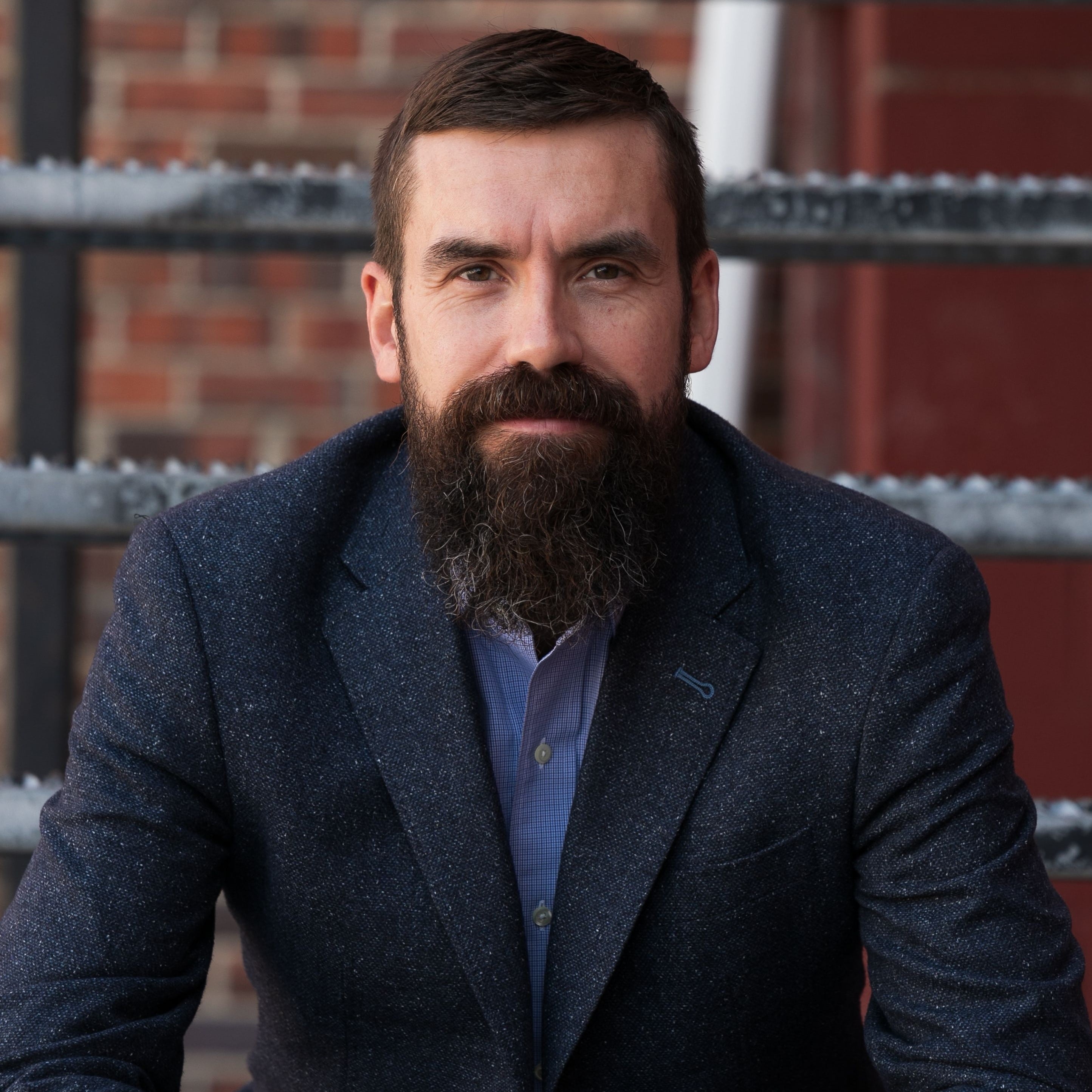
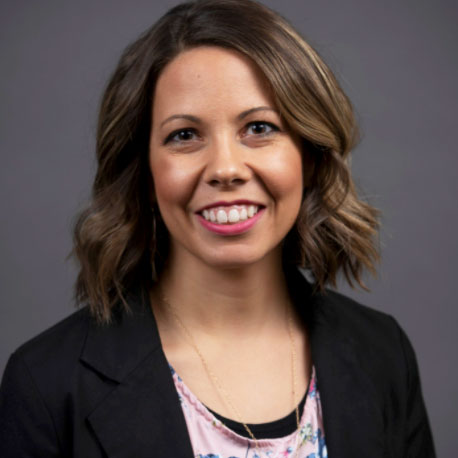
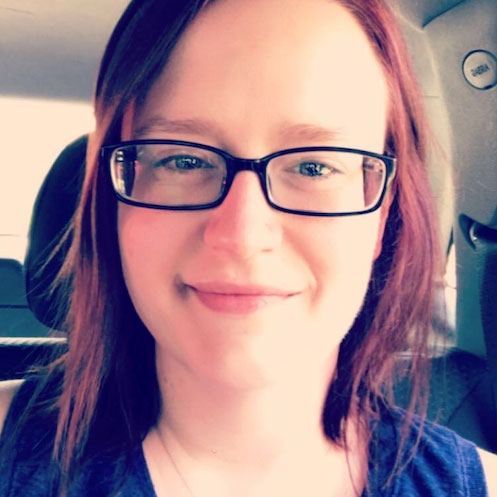
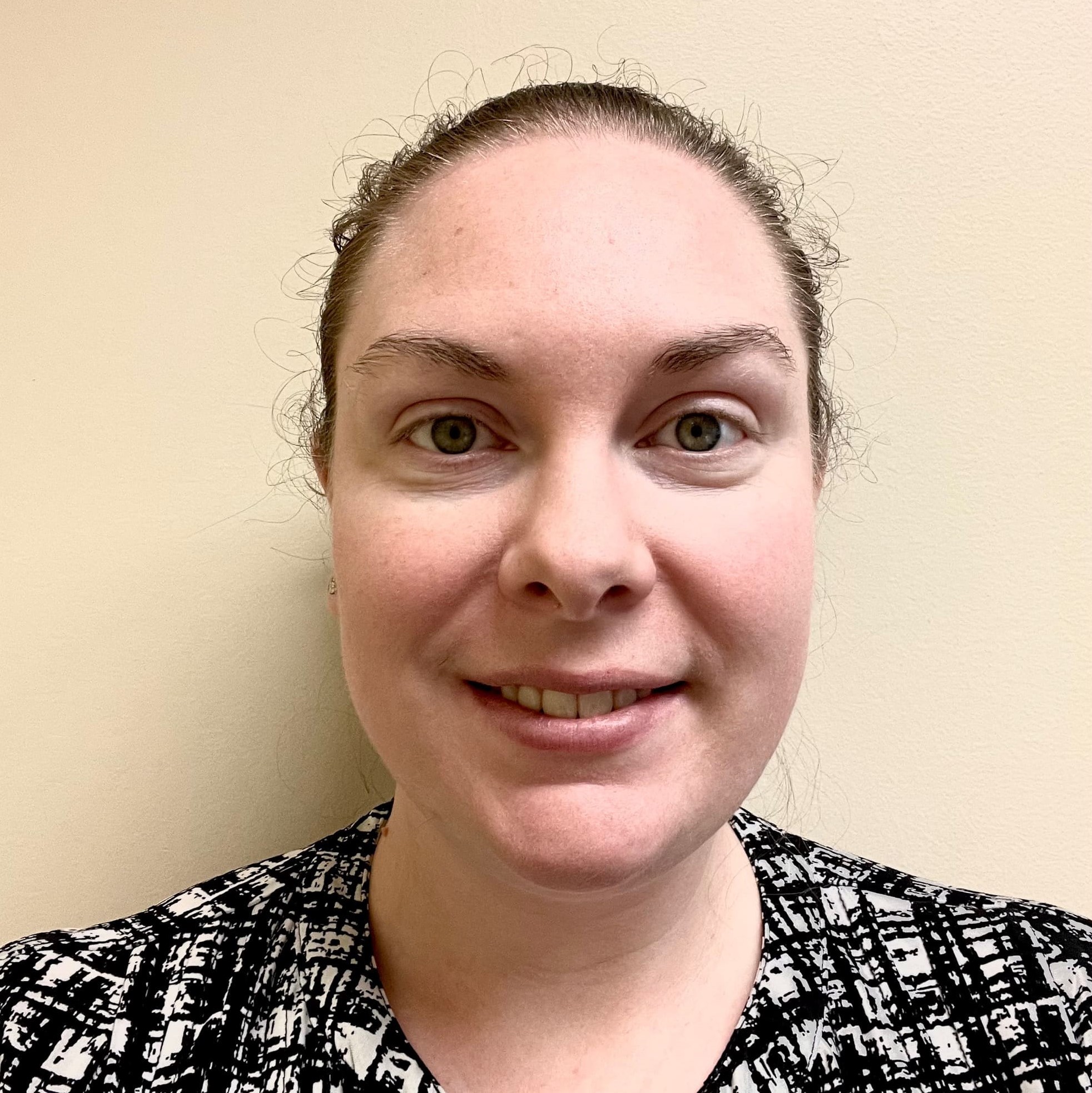
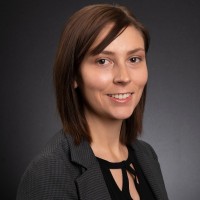
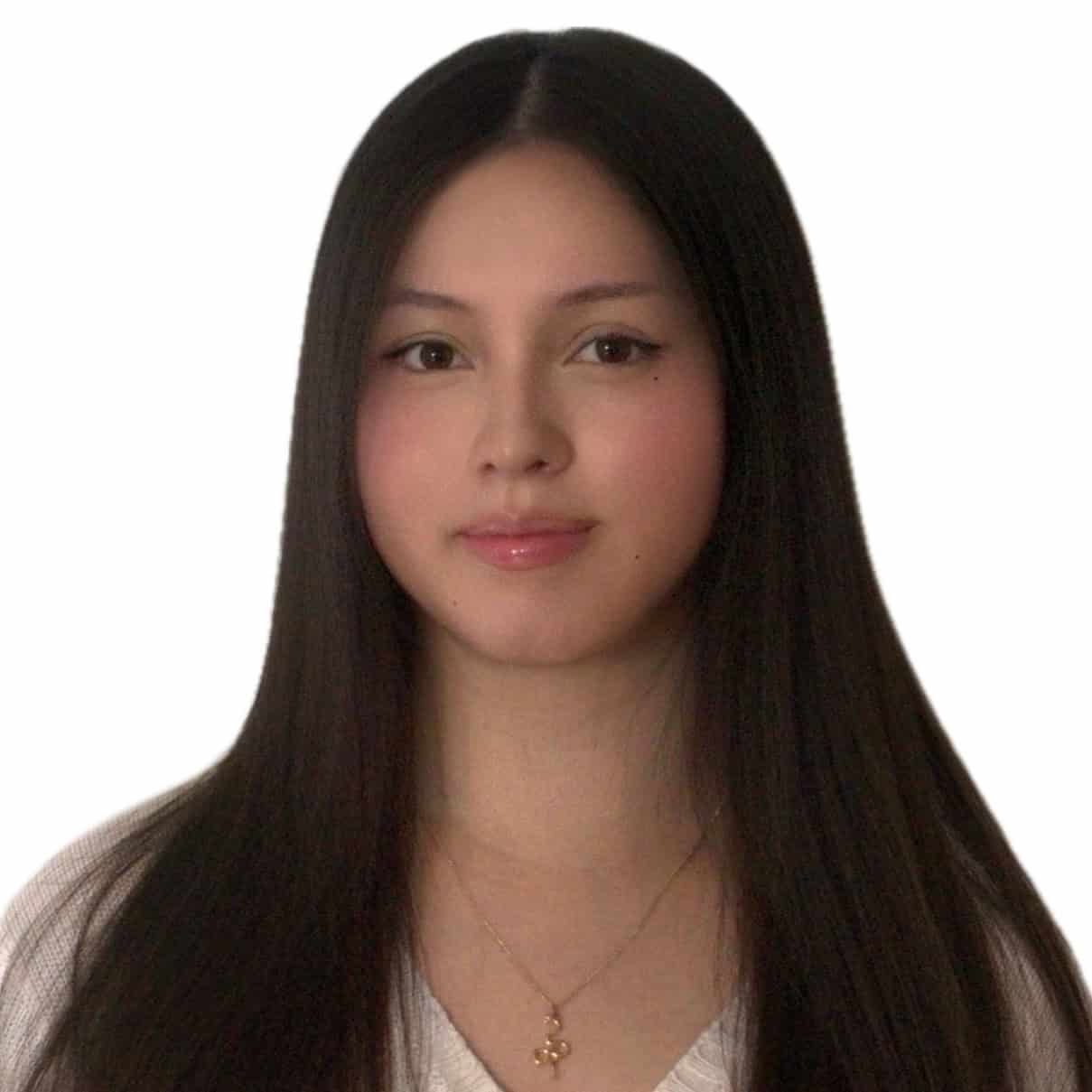 Cindy Diaz Rey
Cindy Diaz Rey